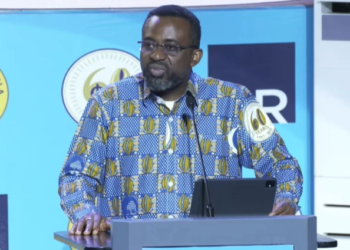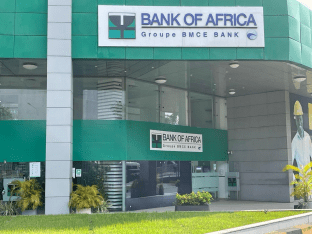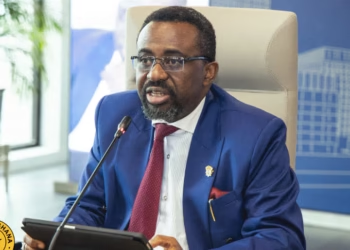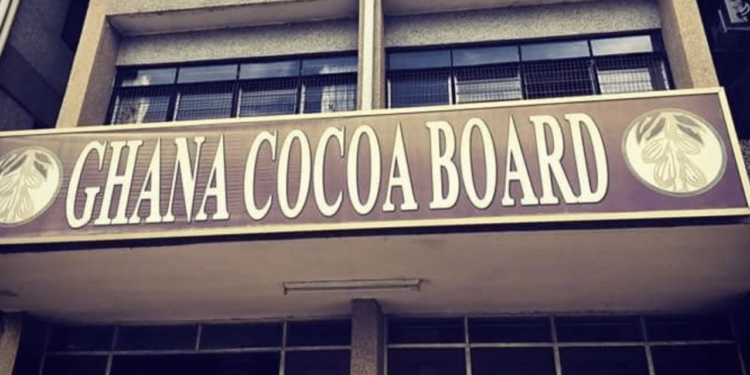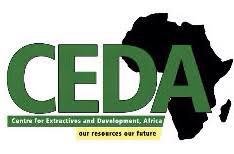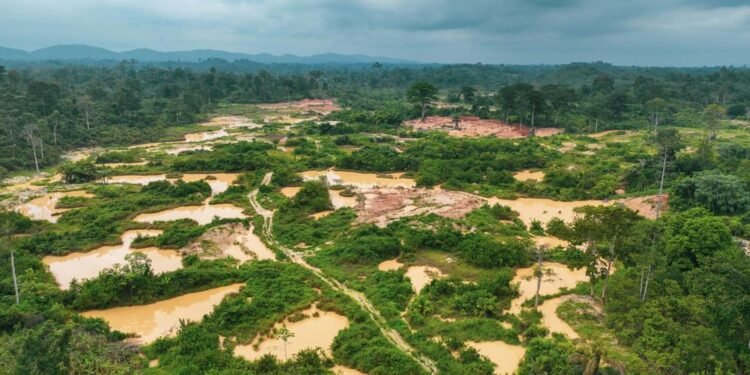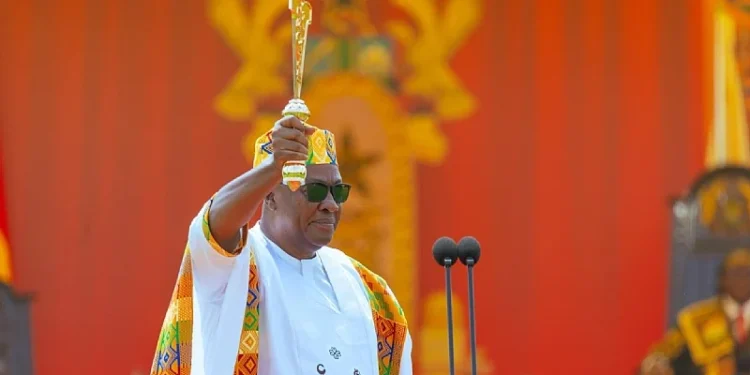Ghana’s state-owned banks are racing against time to meet a strict recapitalisation deadline set by the International Monetary Fund (IMF).
According to the IMF, the recapitalisation process for all state-owned banks must be completed by the end of 2025 as part of a broader financial stability plan under the ongoing Extended Credit Facility (ECF) programme.
The move, announced after a two-week IMF staff mission led by Ruben Atoyan from September 29 to October 10, 2025, underscores the Fund’s commitment to strengthening Ghana’s financial sector. The mission reviewed Ghana’s performance under the US$3.2 billion ECF arrangement and confirmed a staff-level agreement on the programme’s fifth review. Once approved by the IMF Executive Board, Ghana will receive an additional US$385 million, bringing total disbursements to about US$2.8 billion since the start of the programme in May 2023.
Recapitalisation to Bolster Financial Stability
In a statement, IMF Mission Chief Ruben Atoyan said Ghana’s authorities had “taken strong actions to support financial stability,” noting that significant steps have been made to restructure and reform state-owned banks. “The recapitalisation of state-owned banks is expected to be completed by end-2025,” Mr. Atoyan said, adding that the move forms a key pillar of Ghana’s financial sector recovery strategy.
The IMF’s push for recapitalisation follows concerns over capital shortfalls in state-owned financial institutions, many of which were weakened by the domestic debt exchange and economic turbulence over the past few years. The new recapitalisation plan seeks to strengthen the resilience of these banks, ensure compliance with prudential requirements, and restore public confidence in the banking system.
The IMF noted that Ghana’s macroeconomic stability is “taking root,” with key indicators showing improvement. Inflation has fallen within the Bank of Ghana’s target band, providing room for gradual monetary easing. The cedi’s stability has also been reinforced by stronger exports, growing foreign reserves, and a narrowing current account deficit.
Mr. Atoyan highlighted that Ghana’s debt restructuring process is “progressing well,” with bilateral agreements already concluded with several creditor nations and talks continuing with commercial lenders. These developments are expected to free up fiscal space and support the country’s economic rebound.
Fiscal Discipline Under New Framework
On the fiscal front, Ghana recorded a primary surplus of 1.1 per cent of GDP in the first eight months of 2025 — a sign of improved fiscal discipline. The IMF expects the government to meet its full-year target of 1.5 per cent, in line with the new Fiscal Responsibility Framework.
Officials are also preparing the 2026 national budget, which will maintain a primary surplus target of 1.5 per cent. The fiscal reforms are designed to reduce the reliance on debt financing, enhance domestic revenue mobilisation, and ensure that public spending remains sustainable.
Finance Minister Dr. Ato Forson, speaking after the IMF review, reaffirmed government’s commitment to fiscal prudence and structural reforms. He said the recapitalisation of state-owned banks is critical for economic transformation, noting that “a strong and stable financial system is the backbone of growth, investment, and job creation.”
The IMF mission also commended progress made in Ghana’s energy sector. It cited the government’s success in renegotiating power purchase agreements, improving the liquidity of the sector through the Cash Waterfall Mechanism, and implementing quarterly tariff adjustments to reflect cost structures.
These reforms, the IMF said, are helping to reduce legacy debts, enhance transparency, and improve the operational efficiency of power utilities — a crucial step in maintaining fiscal stability and supporting industrial growth.
Governance and Transparency at the Core
Beyond financial and energy reforms, the IMF report emphasized Ghana’s broader governance and transparency agenda. The government has pledged to strengthen state-owned enterprise governance frameworks, particularly in key sectors such as gold, cocoa, and energy. These efforts are expected to improve operational efficiency, limit fiscal risks, and attract private investment.
The IMF team praised the authorities for their “warm hospitality and continued open and constructive engagement” throughout the mission. The Fund’s support, combined with Ghana’s policy discipline, is expected to keep the economy on a path of sustainable recovery and growth.
Looking ahead, Ghana’s medium-term outlook remains positive. The IMF projects economic growth to reach 4.8 per cent in 2026, driven by ongoing reforms, improved investor confidence, and a stronger private sector. The recapitalisation of state-owned banks is expected to play a major role in deepening financial intermediation, enhancing credit flow to productive sectors, and supporting the government’s industrialisation and job creation agenda.
With fiscal stability returning and structural reforms on track, Ghana appears poised to consolidate its economic gains — provided it meets the IMF’s end-2025 deadline for state-owned bank recapitalisation.
READ ALSO: Ghana’s Debt Relief Gains Momentum As IMF Hails Major Breakthrough with Five Nations Deal





